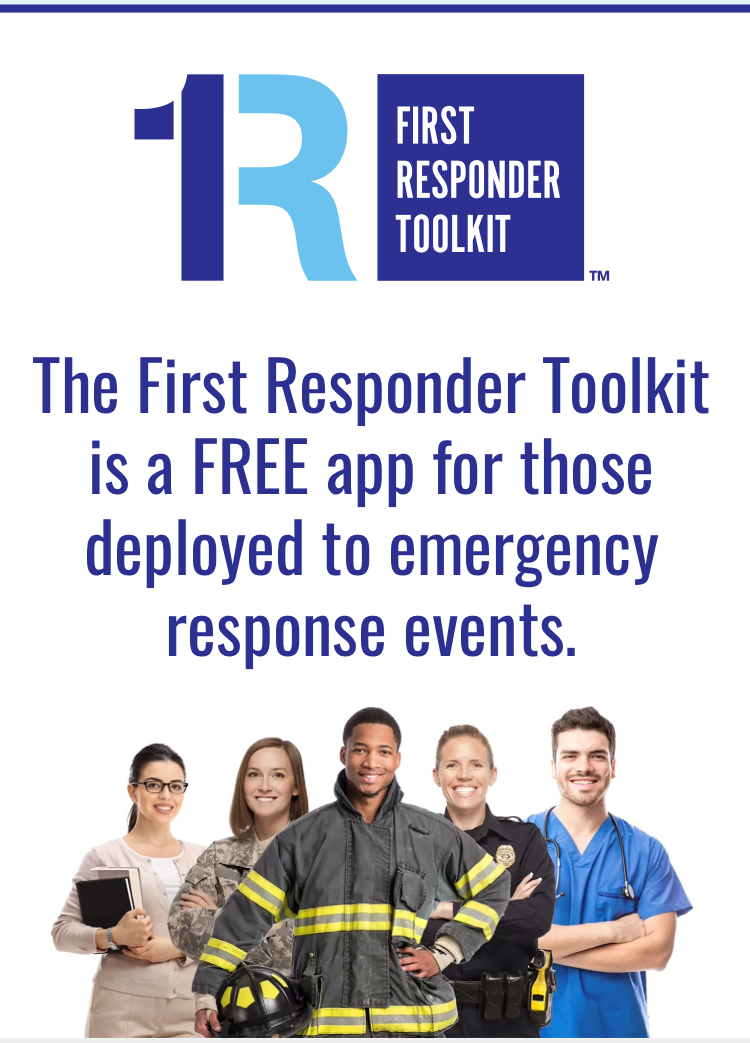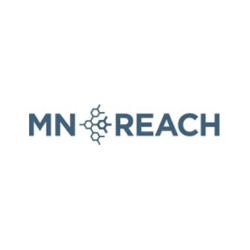 When a natural disaster hits or a terrorist attack occurs, first responders rush to provide medical care. In the process, they expose themselves to potentially traumatic events that may lead to burnout and compassion fatigue. In these cases, who takes care of the caretakers?
When a natural disaster hits or a terrorist attack occurs, first responders rush to provide medical care. In the process, they expose themselves to potentially traumatic events that may lead to burnout and compassion fatigue. In these cases, who takes care of the caretakers?
“Healthcare providers are horrible at taking care of themselves,” says Tai Mendenhall. As a medical family therapist and Professor of Family Social Science at the University of Minnesota, Mendenhall has thought about this problem a lot. In 2013, he and his colleagues designed an online toolkit to address burnout and compassion fatigue in mental health professionals. Partly in response to the coronavirus pandemic, they modified the toolkit to support the mental health of biomedical providers like firefighters, EMTs and police dispatchers.
The resulting First Responder Toolkit is a free, online resource that offers short survey-style assessments to help providers manage their self-care. The surveys measure a person’s compassion fatigue and trauma risk factors by providing a simple score and suggestions for when to seek help or take a break. The platform also offers self-care tips, pre-deployment checklists and links to additional resources.
Though Mendenhall assembled an interdisciplinary team to design the new platform, the conversion from the original mental health-focused toolkit to a biomedical one required considerable technical expertise. An NIH proof-of-concept grant awarded through the University of Minnesota Research Evaluation and Commercialization Hub (MN-REACH) provided the resources necessary to develop the new toolkit. Without it, Mendenhall says the resource wouldn’t exist. MN-REACH funding also allowed the team to launch the toolkit in May 2020, earlier than originally planned, to address the needs of biomedical workers responding to the pandemic. Mendenhall says the team didn’t need to wait for data to show that providers working with COVID patients needed a self-care tool. “The likelihood of burnout and compassion fatigue was different than it had ever been.”
Partly in response to the coronavirus pandemic, they modified the toolkit to support the mental health of biomedical providers like firefighters, EMTs and police dispatchers.
“Now there were these horrible layers of fear,” says Mendenhall, reflecting on providers’ worries of transmitting the coronavirus to their loved ones. “If I heard those stories from a colleague once, I heard them hundreds of times.”
More than 6,500 people in all 50 states currently use the toolkit. Users remain completely anonymous, a feature Mendenhall says was important to build trust in provider communities and promote its use. But email feedback from users has been overwhelmingly positive.
Still, Mendenhall would like to measure the toolkit's effectiveness in the near future once he secures additional funding. An investigational study would allow participants to opt in to a data sharing platform. Eventually, Mendenhall would like to pass on the toolkit to a company or government entity to make it more commercially viable and publicly available.







